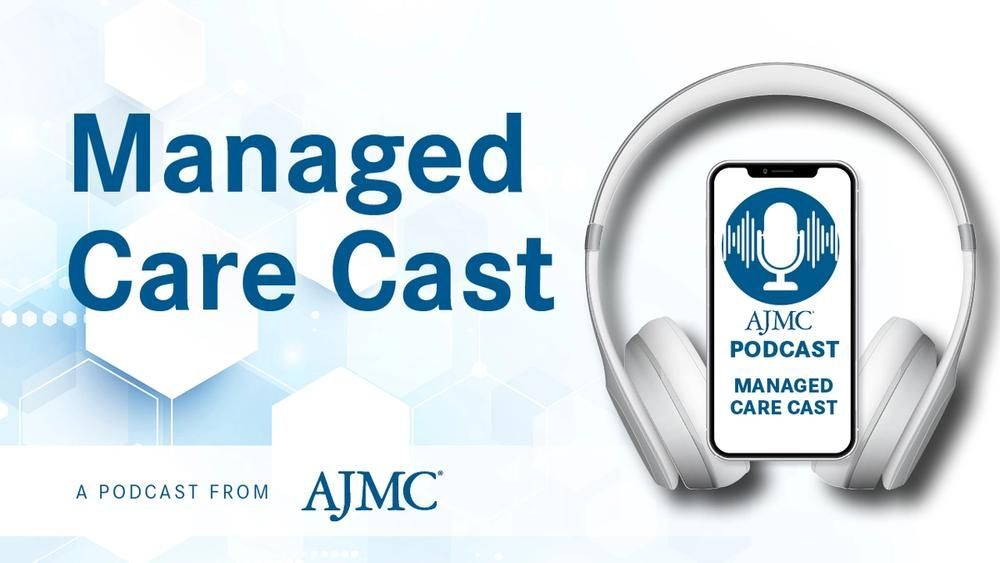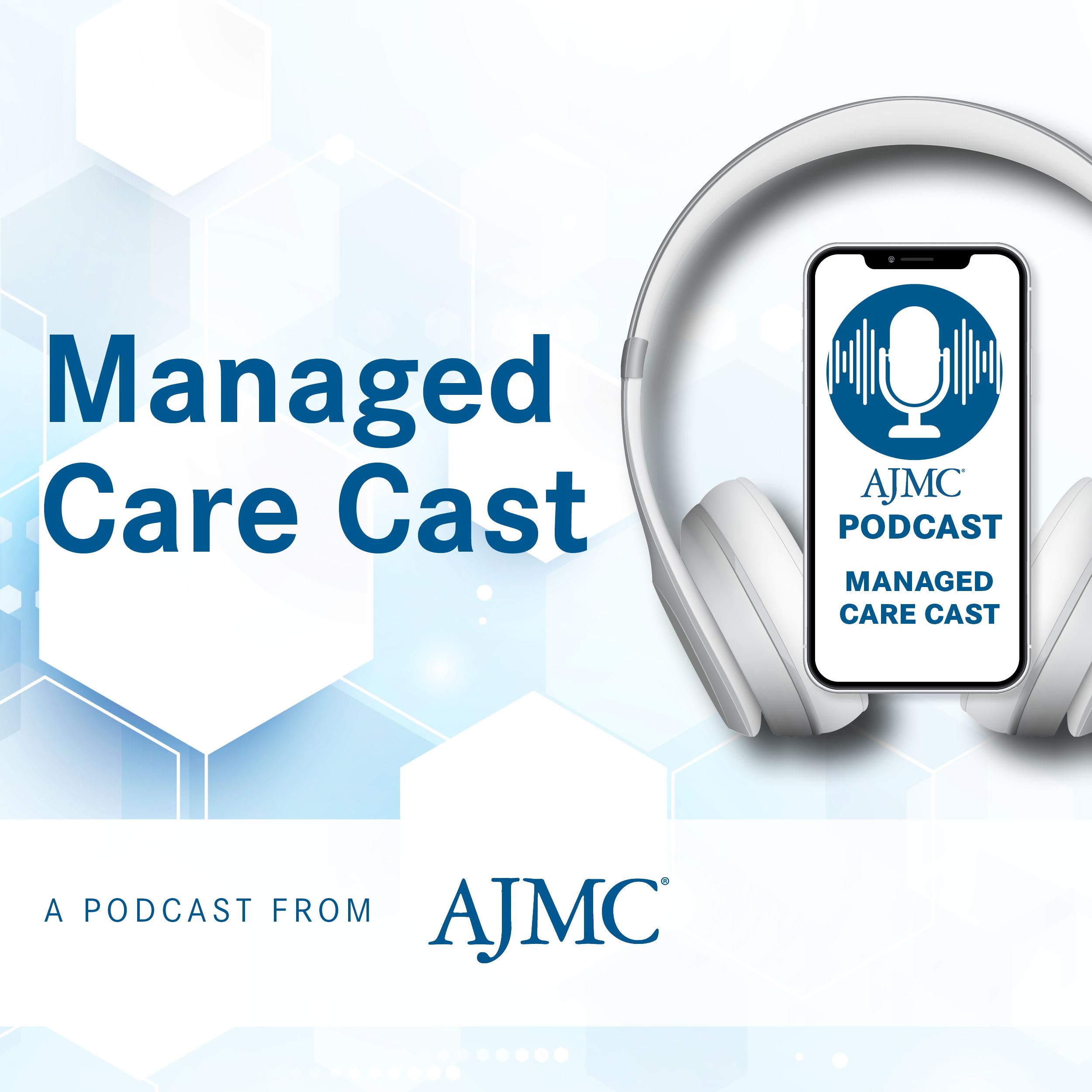Video
Understanding Ovarian Cancer
Robert L. Coleman, MD: Ovarian cancer is not a very common disease. We see about 22,000 new cases every year, and that number has been relatively consistent for more than 10 years, now. But a statistic that gets missed is, what is the prevalence? Incidence is how many new cases happen in a year. Prevalence is how many people actually have the disease. One of the characteristics that is starting to show up in different population-based statistical reviews is that the prevalence of this disease is actually increasing. How does that happen? How can you have the same incidence, year after year, but the prevalence is increasing? The answer to that question is that patients are living longer with disease.
Everybody always asks, “What’s the unmet medical need?” I always answer that question as, “We need to cure patients.” It’s absolutely clear. There’s no doubt that a patient who is diagnosed with this disease is definitely set up for a tremendous amount of clinical, personal, and financial impacts that are devastating. And so, if I had a switch that I could flip, that would change this disease, it would be that it would never happen. So, the unmet medical need is to find effective therapy. The most important effective therapy is to find the way that we could prevent this from happening at all. That’s where we make our greatest impact.
Many people will also look at statistics and say, “This disease is really lethal.” Well, if you break it down by stage, it’s actually no more lethal or survivable than breast cancer. People are saying, “How can that be?” Well, the difference is, patients with, for instance, breast, and endometrial, and cervical cancer are frequently diagnosed with early-stage disease. The symptom that brings them in is something that they didn’t expect. It isn’t associated with normal activities of daily living. In ovarian cancer, the symptomatology is bloating, pelvic pressure, urinary frequency, poor appetite, and weight loss or weight gain. These things happen all the time, so we don’t have a symptom that says, “Come in and see us when these things happen. We’ll be able to diagnose early-stage disease.” When a patient has abdominal bloating, they’ve already got metastatic disease, in many cases. So, those patients are diagnosed with advanced-stage disease, right off the bat.
Newsletter
Stay ahead of policy, cost, and value—subscribe to AJMC for expert insights at the intersection of clinical care and health economics.





